Is Italian Multibrand Retail the Blueprint for Wholesale?
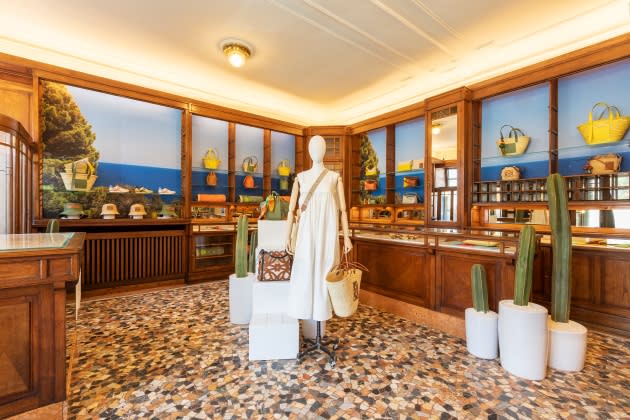
MILAN — Italy’s retail scene has been a peculiar one since the ’80s, when the country’s ready-to-wear momentum spurred a flurry of multibrand-boutique openings, sprinkled across the country.
While elsewhere department stores dictated trends, snatching market share and somewhat choking independent players, Italy became home to highly curated shops regarded highly by luxury powerhouses.
More from WWD
Louis Vuitton's '200 Trunks, 200 Visionaries' Exhibit Arrives in L.A.
Ana de Armas, Ryan Gosling, Chris Evans at 'The Gray Man' Premiere in London
Ana de Armas, Ryan Gosling, Chris Evans at 'The Gray Man' Premiere in Berlin
Has the pandemic-scuppered reality changed the scene? The short answer is “no” — but it has made it more complex.
As luxury labels have tightened wholesale distribution, while at the same time pushing into directly operated retail meant to reach vast audiences in first-tier cities, multibrand store owners have been forced to adapt.
Italy’s boutique owners were challenged to find creative ways to keep their customers engaged and maintain strong ties with marquee brands, at the same time as they protected their reputations as curators of cutting-edge shopping edits.
“The evolution of wholesale is intertwined with that of brands, which are now mega corporations and groups. As a result, the commercial basis that once ruled this relationship is no longer sufficient, volumes [generated via wholesale] no longer justify that alliance alone,” said Andrea Molteni, chief executive officer of Tessabit, a multibrand retailer with 20 stores in the lakeside Como area, which in 2021 posted revenues of 50 million euros.
Retailers should position themselves as “branding partners” rather than just commercial allies, he said.
“We provide companies with our assets like a white canvas that they can leverage, we are acting almost as a media company,” he said. “It’s always about coming up with the right co-branding and co-marketing strategy.”
One such asset Italian multibrand stores offer is proximity to local clientele — oftentimes in resort destinations, and in second-tier cities.
It’s become typical for retailers to link with brands to open flagships and shops-in-shop under license, heightening their credentials.
That stronger alliance, and dependency on luxury brands’ approval, hasn’t reduced retailers’ curation abilities, which have long been deemed as their strongest asset, said Molteni.
He explained that shops-in-shop allow Tessabit to sell products that had been traditionally reserved for directly operated flagships, offer an added value and provide space for experimentation and reinvention of the wholesale concept.
After teaming up with Louis Vuitton, installing a pop-up at legendary Villa d’Este hotel in Cernobbio and with Gucci and Loewe, among others, last month Tessabit developed a partnership with Palm Angels that included an exclusive wakeboard-themed capsule collection, which, Molteni said, could set the blueprint for future tie-ups.
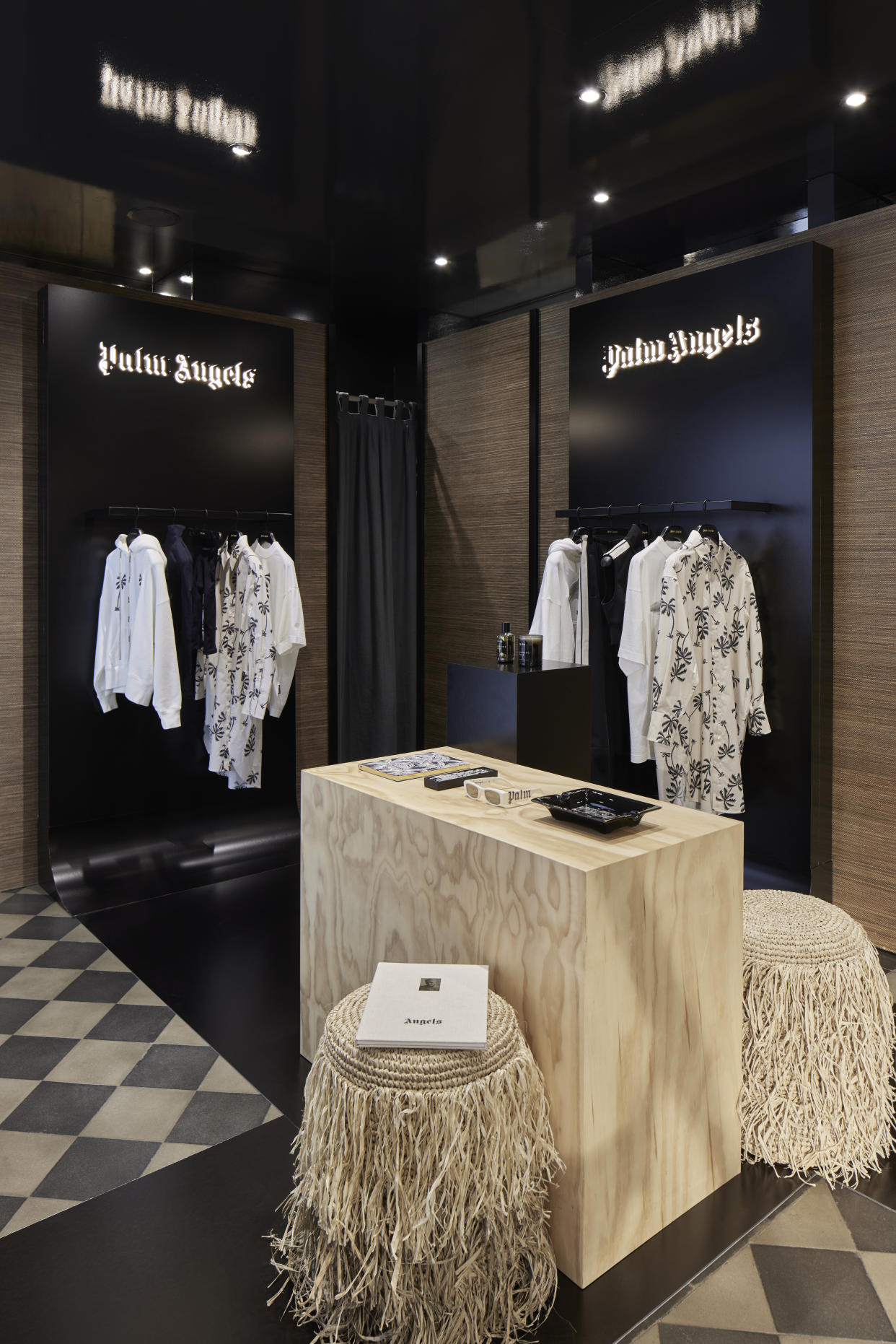
Courtesy of Tessabit
“It’s like a brand extension, geo-localized, targeted and positioned. Retailers like us should consider innovating their retail concept as a whole, not only their brand mix,” he said.
The same could be said for Franz Kraler, which linked with the likes of Louis Vuitton, Dior, Gucci and most recently Burberry, which owner Daniela Kraler said benefited the retailer’s image.
With 2021 sales of 53.8 million euros, Franz Kraler, which counts a network of seven stores in key ski resort destinations in the Dolomites, such as Cortina d’Ampezzo, Dobbiaco and Bolzano, will relocate the latter unit to a bigger space on the city’s central Piazza Walter, flanked by an adjacent space intended for pop-ups.
Although strategic locations represent the baseline for successful tie-ups with brands and more broadly for retail prosperity, the experiential component cannot be neglected: Customers are expecting a shopping journey like those brands can provide, with some adjustments.
“Brands often buy into our network, which you must nurture with experiences that do not necessarily entail a purchase,” Molteni said. “You are also expected to have a network of like-minded ‘champions’ in other fields, be they hospitality or catering, and team up with them,” he added.
Kraler would agree.
Venturing outside of fashion, for one thing, is a good way to keep the clientele engaged according to the entrepreneur. Her family has recently bought a mountain top, ski-slope lodge in Cortina d’Ampezzo, close to where ski lifts for the upcoming 2026 Winter Olympics and Paralympics will be installed.
They plan to install a Michelin-starred restaurant (negotiations with a marquee chef are ongoing, Kraler said) to bow next winter and refurbish the location by spring 2023 for lodging.
“Several brands have already expressed their interest, upon hearing of the acquisition,” Kraler said. “We’re not going to open pop-ups there, it was not a commercial move, we followed our gut and love for our territory, the lodge is going to give further impulse to the area,” she said.
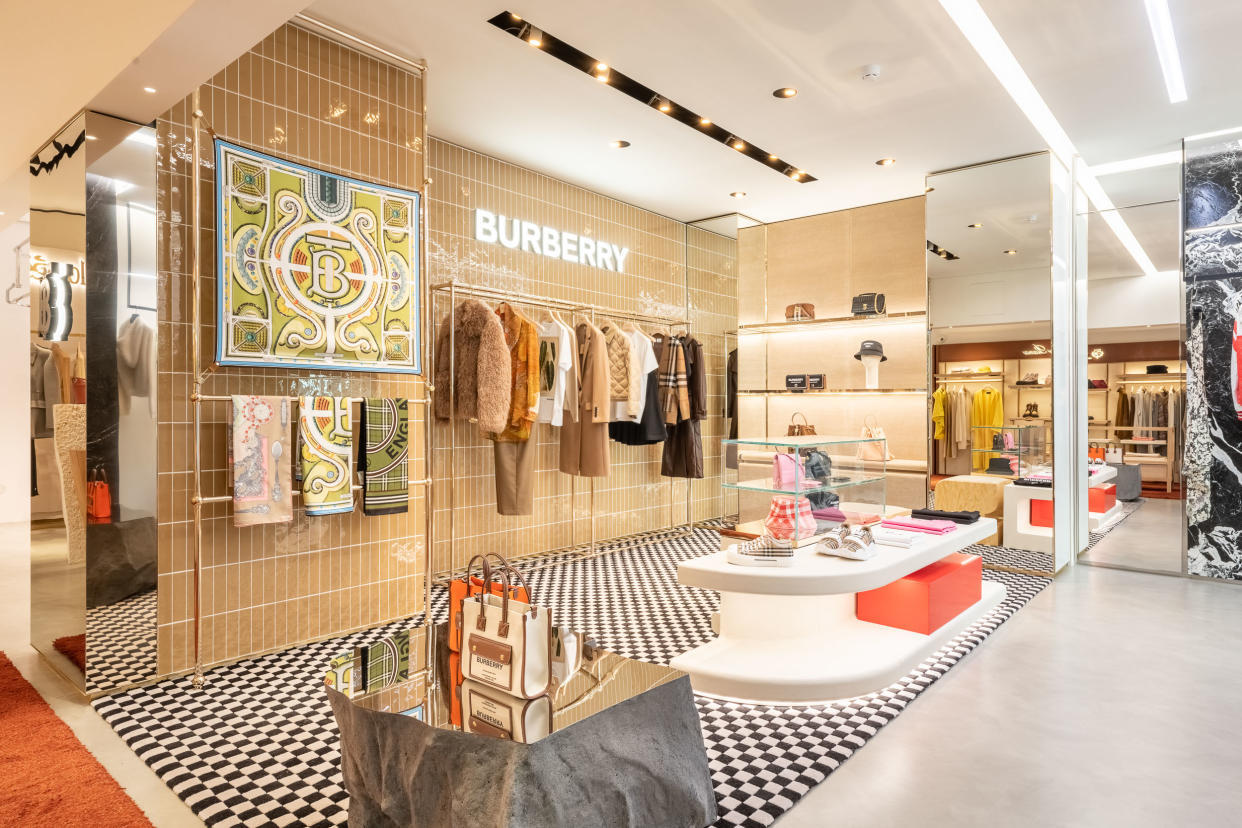
Giuseppe Ghedina/Courtesy of Franz Kraler
Experience becomes the needle of the scale in first-tier cities, where retailers face stronger competition from the very same brands they carry.
This partly speaks to the more complex environment for storied retailer Biffi, which operates two Biffi stores neighboring the Navigli district, and one on tony shopping street Via Sant’Andrea, under the Banner moniker, both in Milan.
“Banner is an extremely sophisticated, research-leaning store catering to fashion-savvy consumers looking for limited editions and exclusive products, as well as to tourists window-shopping in the Montenapoleone district,” said newly installed general manager Simone Gerola.
That’s why, competition aside, Gerola firmly believes multibrand stores, including Banner, should become “retail destination[s],” or multifunctional spaces, hosting art and design exhibitions, events and customization workshops.
“It should be a space that is not only about selling goods,” he said. “What we know from insights on our clientele suggests that there’s untapped potential in this arena,” he offered. To that end, the company has acquired Banner’s adjacent space for special activations and plans to debut a revamped e-commerce site in early 2023 with an editorial bent.
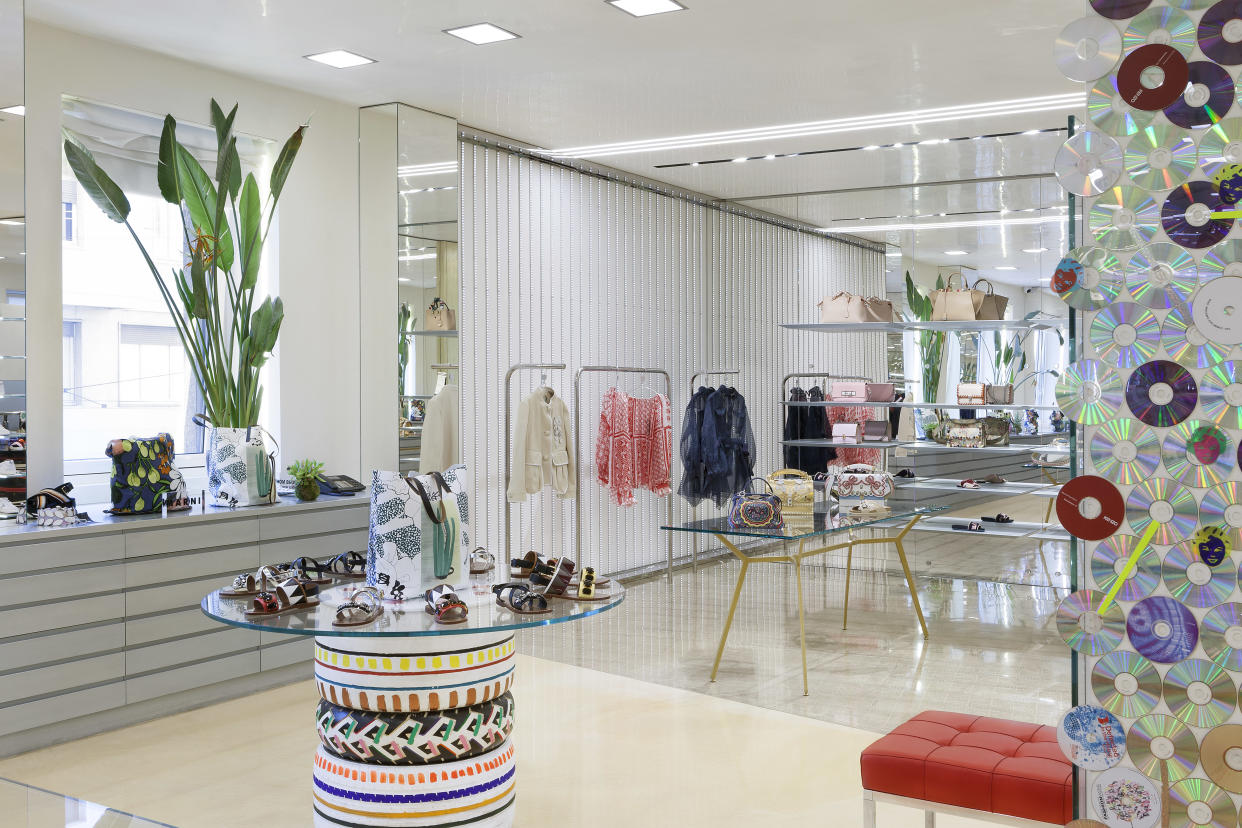
Courtesy of Biffi
Another hip Milan retailer, Modes, has been charting a two-pronged approach in its quest for expansion.
On the one side, it is beefing up its door count in destinations with strong tourism footprints, such as Cagliari and Forte dei Marmi, reaching a network of 22 shops including the Minimodes kidswear stores, which helped it post revenues of 130 million euros in 2021.
It concurrently raised the bar on curation and events and continued to forge ties with luxury labels for franchised units, such as with Alexander McQueen, Balenciaga and Burberry, as well as Jil Sander, for which it opened a flagship unit in Sardinia’s luxury resort Forte Village this summer.
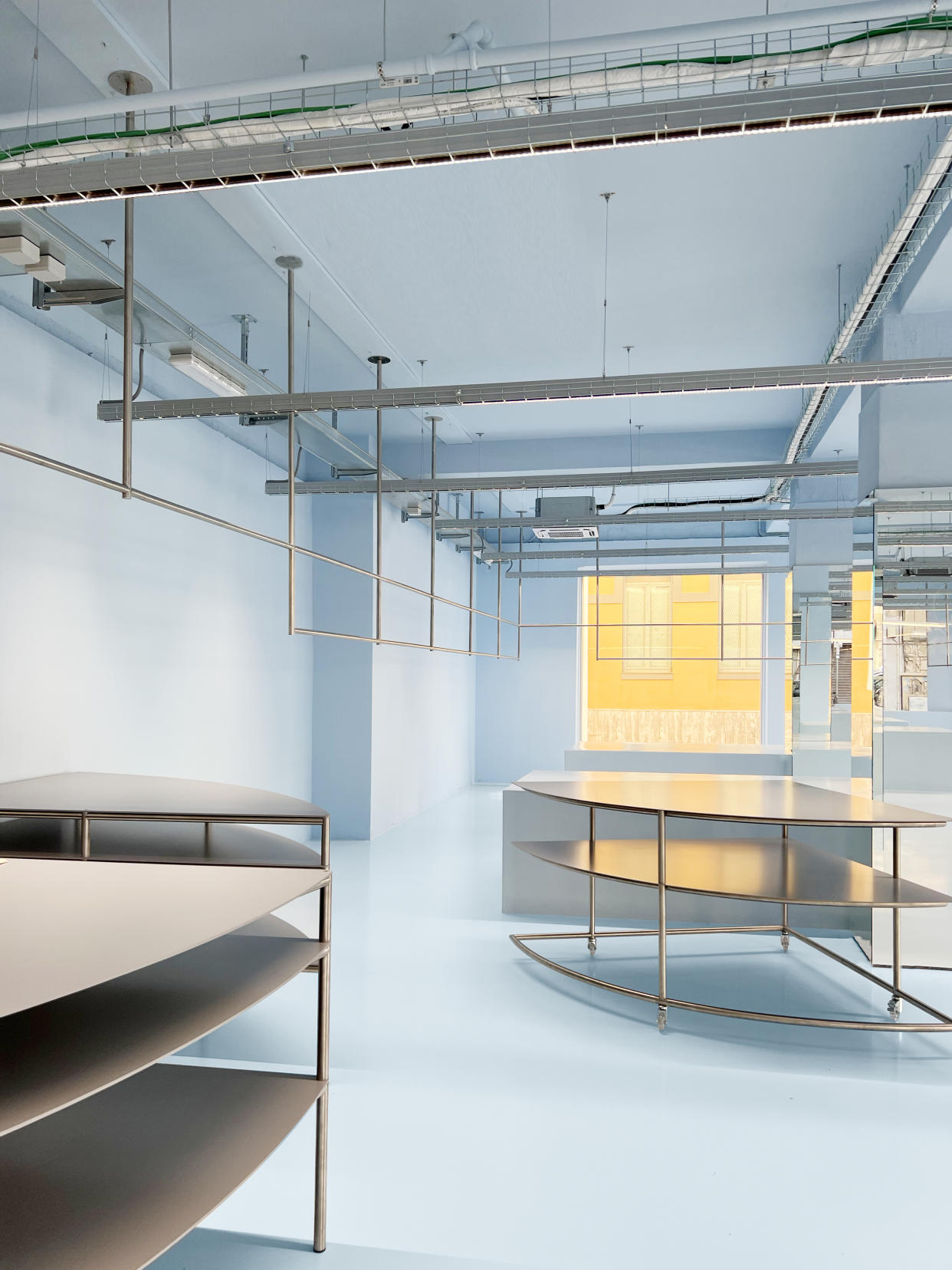
Courtesy of Modes
“The flagship store experience is often more static and unmoving, so our goal is to offer a different perspective, scouting new brands, as newness is the essence of fashion,” said general manager Aldo Gotti.
“Clients shopping at Modes are looking for a more intimate and all-encompassing experience, which is not cold,” he said.
Milaura’s Laura Poretti has made an even bigger bet — on a clientele looking for cool and refined products with no big labels attached to them who are on the hunt for excitement, which, she agrees, is oftentimes lacking.
“The concept store was born to offer a different take on retail, more captivating and energetic…which customers are craving for but finding little options of,” she said. “I’ve kind of become a distinctive and somewhat dissonant voice in Italian retail,” she mused.
“The hardest challenge today is to keep customers engaged, and I think change, being dynamic, holding events and fueling newness to keep them returning are part of the right recipe,” Poretti explained.
Both Modes and Milaura boast e-commerce platforms. The former generates 60 percent of its revenues online, via its proprietary site and marketplaces such as Farfetch, while Milaura’s online sales are just shy of 10 percent, yet they are both betting more heavily on brick-and-mortar.
A fashion and retail veteran, Poretti recently opened a Milaura store in Saint-Tropez, its third pop-up experience after Sankt Moritz and Rome, which will run through November.
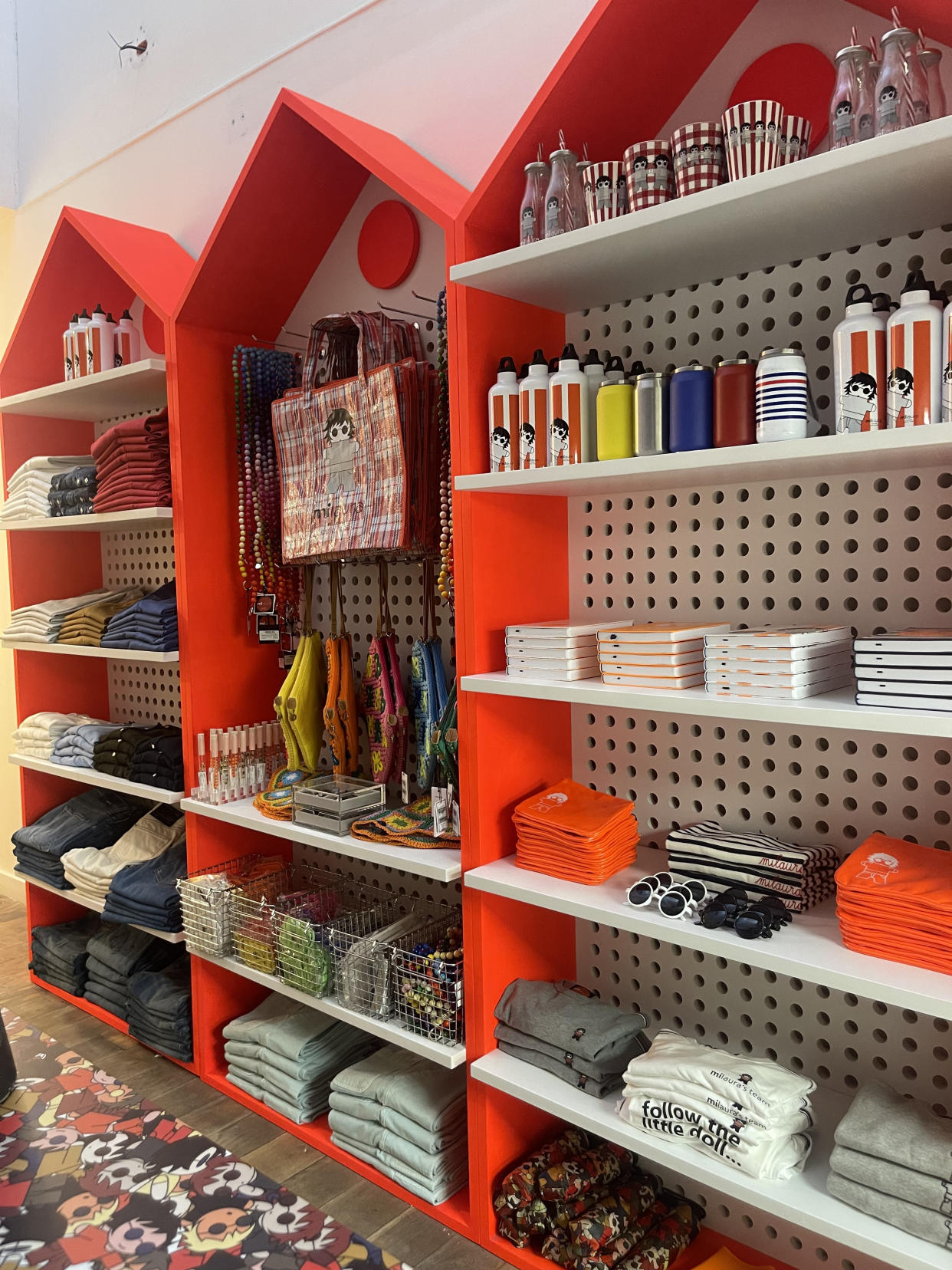
Courtesy of Milaura
“The opening reflects the ongoing strategy of turning Milaura into a ‘brand’ and pursuing different opportunities to achieve that goal, which include opening it up to international visibility,” she explained. She also hinted at renovation works for her Milan unit to be completed in the fall and hopes to open permanent outposts elsewhere in the near future.
Similarly, after debuting a store in Paris in 2021, Modes has additional ambitions to expand its global footprint.
“The multibrand format will allow us to expand internationally, there have been huge signs of growth,” Gotti said, hinting at new banners to bow in Europe or potentially the U.S.
Curation plays a huge role in courting and retaining customers also outside Italy, he contended, but it needs to be flanked by activations, be they tailored-shopping experiences or events teaming up with up-and-coming names. Modes’ Milan unit has a packed monthly schedule of initiatives.
“There’s bursting energy in the market right now and I think young brands are offered less visibility especially from retailers and the real market,” he said, touting how fashion’s organizing bodies, on the contrary, are doing great when it comes to spotlighting talents.
At the network of four Apulia-based multibrand stores owned by the De Tommasi family, curation and scouting have always been part of the recipe and played a role for the opening of its fourth unit in Maglie, dedicated to contemporary fashion under the Contre moniker.
The second-generation owners Simone and Andrea De Tommasi said they have always gone against the grain, carefully listening to what customers are seeking. For instance, sartorial wear takes center stage in one of the two units in Lecce named White7, which is enjoying momentum locally, the owners said.
“Our buying process is always inspired by the streets and what people are wearing, we try to embed that sensibility in our choices translating it into an interesting assortment,” said Simone De Tommasi.
The new Contre location combines denimwear specialist Citizens of Humanity with Vivienne Westwood, fashion products by Aitor Throup, and up-and-comer Post Archive Faction, tapping into a gender-fluid aesthetic.
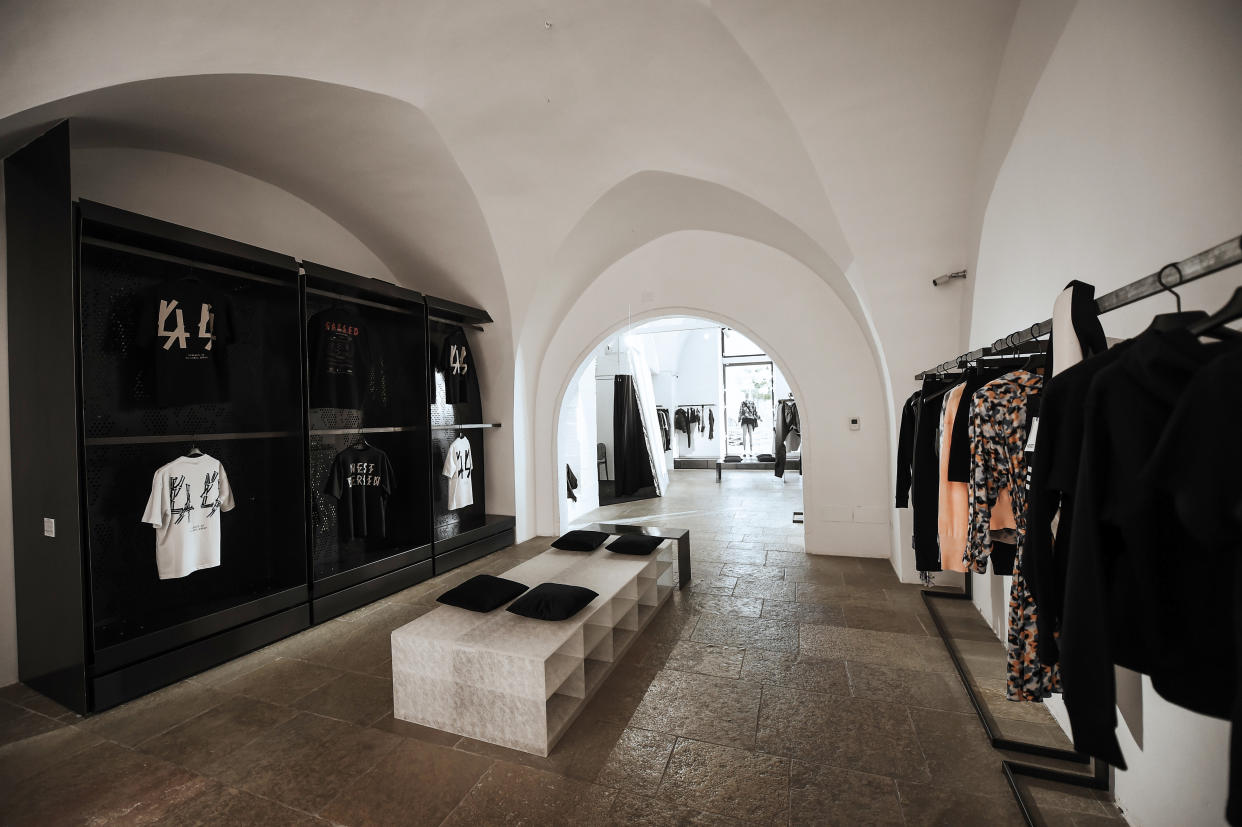
Courtesy of Contre
The brothers also pride themselves on scouting up-and-coming names, down to artisanal workshops often focused on single product categories, that contribute to make their offering unique.
“The segmentation across locations helps us deliver consistency, and offering high-quality products will always be a winning formula, regardless of swirling trends,” Simone De Tommasi said. “Our brand and product mix is the experience we offer,” echoed his brother, Andrea De Tommasi.
Although most of the game is played with services such as in-house seamstresses, they, too, are mindful that the experiential side of multibrand shopping cannot be overlooked. To this end, they are planning events and an exhibition with a recently appointed art director.
Executives were bullish about long-term prospects for wholesale and physical stores, despite all trying to step up their online presence and compete with juggernauts in the arena.
“Wholesale needs reinvention but I’d rather not call it the black sheep of the industry…when it’s done right, it can be strategic and synergistic for brands and retailers, that’s a win win for the sector,” Molteni offered.
Sign up for WWD's Newsletter. For the latest news, follow us on Twitter, Facebook, and Instagram.
